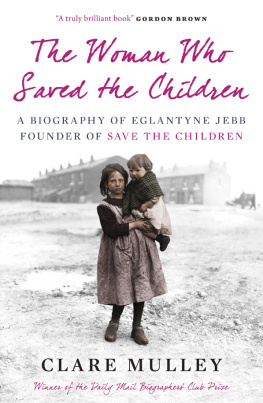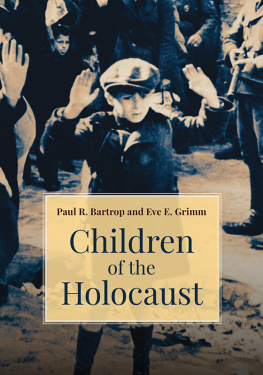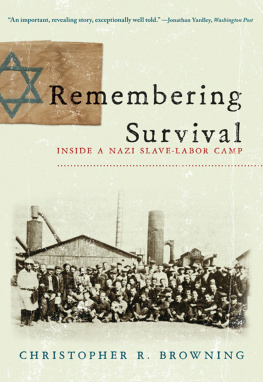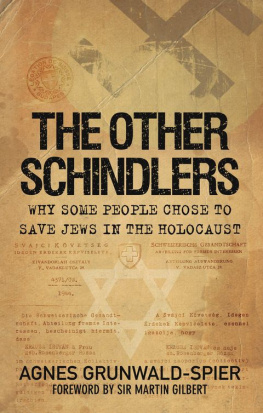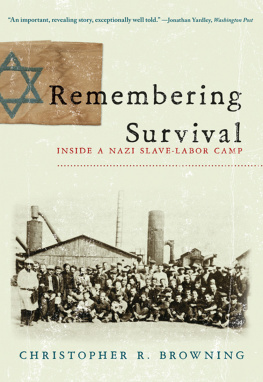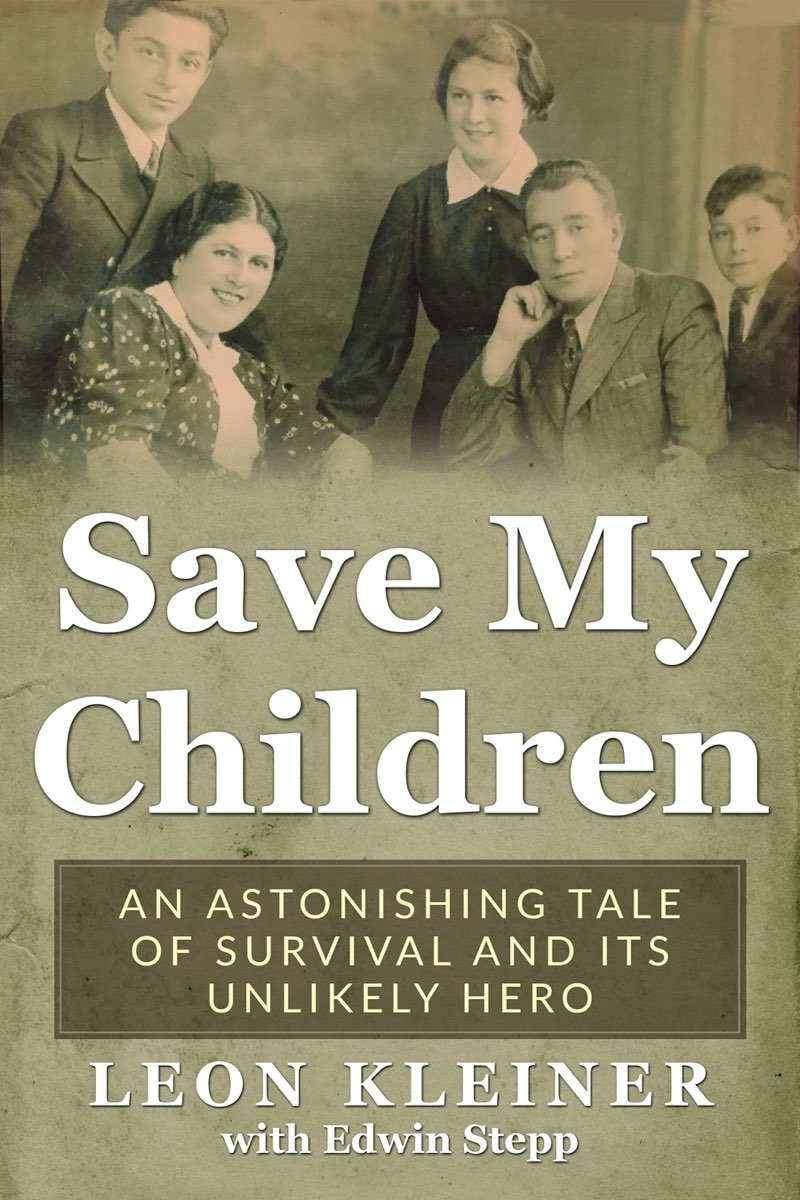Cover photo: The Kleiner family before the war. From left to right: Edek, Pearl Pepi, Tusia, Izak Zunio, and Leon Kleiner
This book is dedicated to my two daughters Susan and Nina, my grandchildren Jamie, Danielle, Carly, Drew and Xander, and to my great grandson Liev Max.
Introduction
This story is a remarkable tale of survival against all odds. Its a suspenseful tale of flight from unimaginable terror; filled with unlikely twists of fate that enabled the hunted to escape their murderous hunters. Its a chronicle of the amazing transformation and redemption of a man once filled with hate and violence and how he made the ultimate sacrifice to save people he once sought to kill.
But this isnt fiction or fantasy. It happened. So, most importantly, this story is a dire warning that hatred, bigotry and racism can lead to destruction, violence and genocide. It is a sad fact that human history is replete with examples of ethnic, religious and national cleansing. But even so, many never learn from it and, unfortunately, these evils always come back to haunt us again.
Even though numerous personal stories of the Holocaust have been told, there remain those today who would deny that it happened or, even worse, not see the evil in it. We cannot allow the realityand the lesson of that realityto be forgotten. We must teach every succeeding generation that human nature can be exploited by evil men to unleash the most horrible crimes against innocent people.
With so much written and documented about this black period of human historywhy is another book necessary? Why do I feel I have to tell my story? Isn't it just like so many others?
Miep Gies, the Dutch woman who was instrumental in bringing to light one of the first personal stories the world heard of these dark timesthat of Anne Frank and her familylater wrote: Anne cannot, and should not, stand for the many individuals whom the Nazis robbed of their lives. Each victim had his or her own ideals and outlook on life; each victim occupied a unique, personal place in the world and in the hearts of his or her relatives and friends. In their racial madness, Hitler and his accomplices tried to claim just the opposite: they portrayed the Jews [and many other groups] as a faceless enemy even as they annihilated six million individuals, extinguished six million individual lives.
Gies was right. Each individual story is crucially important to give faces, dimension, and reality to the numbers that are otherwise faceless, flat and incomprehensible. And the events recorded here are not just my story. It is just as much the story of one who ultimately gave his life to save us. A man without whom we couldnt have survived and eventually prospered. It is also an essential piece of the entire horrible puzzle of the Holocaust. His storyour storyoffers a glimmer of hope that it is possible for people to change and emerge even from deep-seated and entrenched prejudices and hatred.
I havent spoken a lot about my experiences during the Holocaust, but I have been asked to give a few speeches. When Ive accepted the invitations, the speeches were short, and I mainly spoke about my friends, my childhood friends. I remember their names and what they looked like and I preferred to talk about them rather than speak about myself. There was Jancio Landaua skinny, rather tall kid; Zenek Meibergera chubby boy who loved to read books; Zyga Francushe was the class bully; Sala Schwartzshe looked like a doll to me, porcelain skin and so frail; Nunio Krasucki a very good looking boy, except for acne on his face; Fela MilerI had a crush on her. She was my first encounter with puppy love.
And then there was Rysiek Lewinkron. His was a very sad story indeed. He was an only child whose parents refused to endure the hunger, the daily threat of death and the indignities of ghetto life. Rysiek and his parents committed suicide in the ghetto of Tarnopol.
Rysiek was not the only one of my friends from Tarnopol to perish. At the end of the war I discovered that none of my schoolmates, my playmates and my other friends from there managed to survive, neither them nor their families.
My sadness that so many of them didnt survive has always gripped me. They were only children, innocent and filled with so much potential. And there is the guilt that comes naturally with my survival. So, their remembrance for me is vital.
I've thought about documenting my story many times. But somehow it never came to fruition. In fact, when Stephen Spielberg started his Shoah Foundation interviews, I was contacted by the organizers and was asked to do an interview. At the time, I happened to be visiting Los Angeles where the foundation is based. When they called me, we made a date to do it at my daughter's house where I was staying.
The day we arranged for the interview was a Saturday morning. But when that morning finally came, I awoke, and a sense of fear gripped me. I got up and I said, "I can't do it." I wasn't ready to relive the terrible events even though they were over 50 years ago. I just wasn't capable; I couldnt bring myself to go through with it. For whatever reason, I got up that morning and I said, "I don't want to do it. I just can't.
So, I called and canceled the interview, apologizing for my lack of fortitude to recount the story. From that day forward, I felt as if I had failed a duty to add to the surmounting evidence against one of the greatest evils in all of human history. I have carried that weight for almost 20 years, and something in the back of my mind has taunted me, urging me to try again.
My story is also the story of the survival of my family. At the climax of this narrative, I was in very close quarters with my aunt, my brother and my sister and her boyfriend, the only ones of our immediate family to be delivered safely at the end of the war.
Both my brother and my sister took their turn to record their stories with the Shoah Foundation. Their stories, of course, were very similar to mine, and I was so glad they had the courage to sit for the many hours required to get them recorded. But I have some things to add to their record. During our ordeal, they were both older than me. My brother and sister were in their mid-teens preparing to enter adulthood. I was a young boy who couldnt fully understand how the world could go so mad so quickly. The war robbed me of a happy childhood, but I was one of the fortunate ones. Others were robbed of their lives and never had the opportunity that I had to prosper in spite of the terrible events. I came to believe that it was important for the nuances of my story to be told. Its a different perspective from theirs. Its one of a young boy coming of age in a world being destroyed rather than one open to limitless possibilities. The tragic murders of the young and innocent of that war may be the greatest crime. So many of my young friends were murdered and never had a chance to tell their stories.


